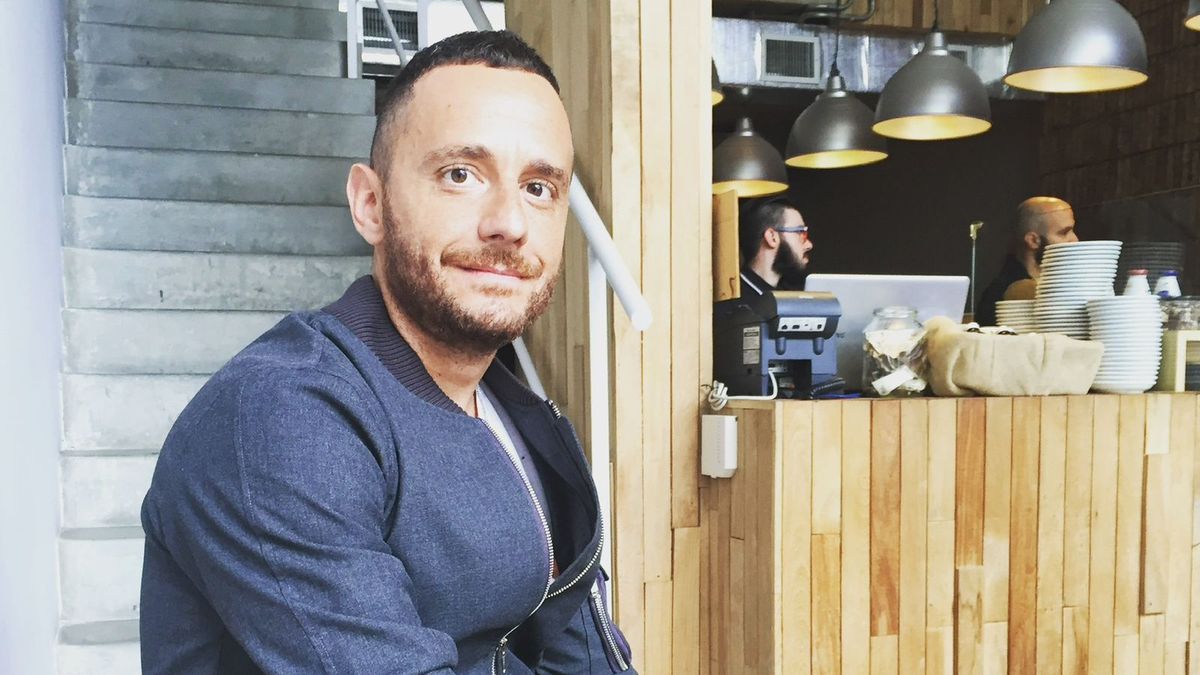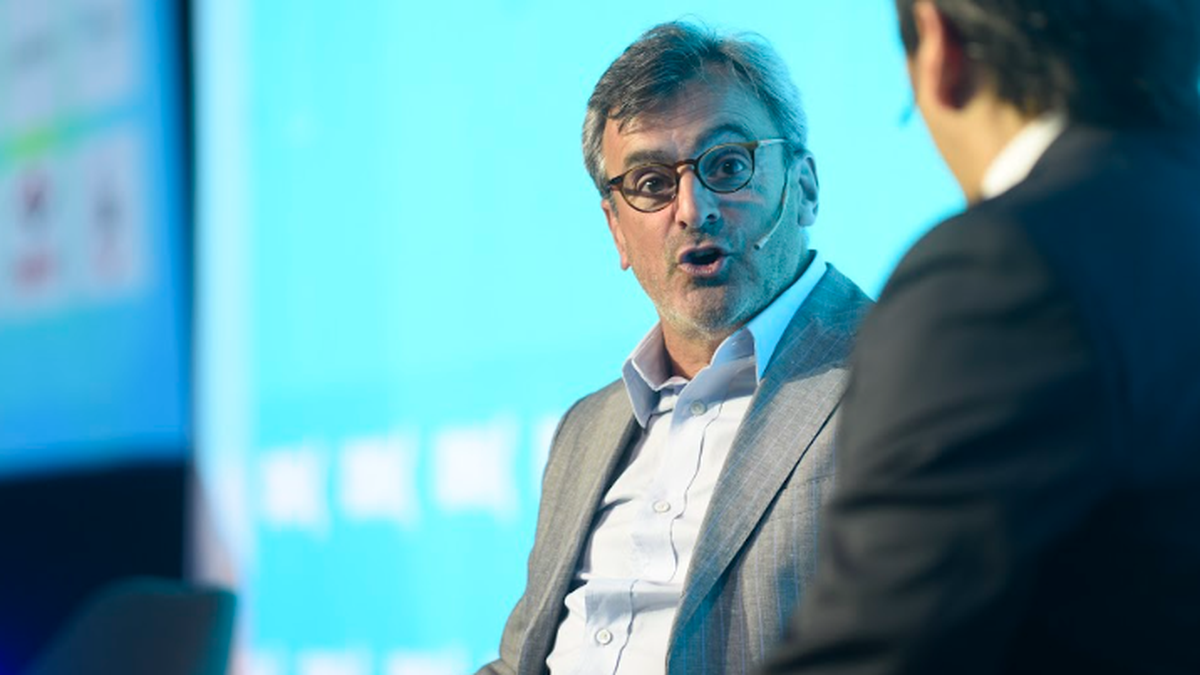After four books on coffee that earned him the distinction as Outstanding Personality in the City, the journalist Nicolás Artusi turned to the novel with “Busco Similar” (Seix Barral). We dialogue with him.
Journalist: After four books dedicated to coffee, what led you to write a novel?
Nicolás Artusi: Thirty years as a journalist confirm to me that my channel of expression is writing. I am interested in exploring genres, mixing them, breaking them. To the first two books about coffee, which are historical essays, I incorporated my personal memory, chronicle of customs and cultural criticism, which gave them a hybrid style. The next two are absolutely genre: a manual and a dictionary. “I’m looking for a similar” which is a novel, because the events it narrates are fictional, it has journalistic resources: verifiable data, references to specific people, allusions to other works. It felt like something natural that following those explorations I would move on to the novel.
Q: What made you realize that the café had to have your book?
NA: About 17 years ago, searching for references on coffee, I realized that there was no library on the subject, and I told myself: if there isn’t a library, I can write it myself. There are times when one can be surprised that something that you like, that you use daily, has a world behind it that, like you, many do not know; For me, that discovery was an epiphany. Although I had coffee at home since I was a child, that intensified when I started working in newsrooms. Journalism gave me trips that helped me learn more about coffee, which had become a parallel vocation. The first book came out ten years ago. At this point they have been published in many countries, and in some cases I have had to go present them to coffee-growing countries like Colombia.
Q.: How did you come up with a novel that, among other things, allows you to tell about the gay world of Buenos Aires in the 90s?
NA: I was interested in the era because I lived my adolescence in the 90s. When I started writing “I’m looking for a similar” during the pandemic, I didn’t imagine that the 90s were going to return with such force, not only in what the novel tells but in social and political aspects. and economic. About twelve years ago I read a book by sociologist Ernesto Meccia, an academic essay, “The Last Homosexuals,” where he put forward the idea that the 90s were the last decade of homosexuality because it gave way to “gayness.” For me, it is also the last analog decade and the transition to the digital era, with the evolution of the Internet, new ways of knowing and establishing contacts and relationships. More than its characters, the 90s are for me the great protagonist of the story, what happened in the 90s could not have happened before or after.
Q.: Don’t you think that the great protagonist is really the enigmatic Javier, the narrator’s friend, a nocturnal being, a fan of old Argentine films, a showbiz, always crashing premieres, disguised to appear, who maintains an invented personal story in cinema? and television?
NA: He is a Mr. Ripley from the suburbs, like Patricia Highsmith, that person who you never really know if he is innocent or guilty. In the 90s, before the Internet, it was more difficult to check people’s identities. Javier gave me the opportunity to include places from the entertainment scene and a number of famous names that were very important in the 90s, and protagonists of that universe that were still absolutely in the closet. What is shown and what is not shown was another interesting topic, as well as Javier dragging Gastón, the narrator, to join the group that was after a famous person or to enter Edelweiss, making him sit with him at the table where There are Pinti, Bergara Leumann and company. At that time that area of Corrientes was something else, you entered Los Inmortales and there was China Zorrilla eating with Graciela Borges or Soledad Silveyra. Now that’s the past.
Q: How did you choose the name of the novel?
NA: “I look for similar” is raised from the idea of the double, and a double inevitably implies a falsification, an imitation or a lie. Sometimes assimilate to be similar. There is in Javier playing at times to have the shapes and tones of a chosen star as something of his own, Ana María Campoy or Hugo del Carril. He seeks to become double, to absorb his qualities. The theme of the double is in “Vertigo”, my favorite Hitchcock film, which talks about a double death, and a very 90s film, “Single Woman Searches”.
Q: Is Javier a fake? Do you take care of old actors to keep their assets? Are you one of those who can barely keep up with old glories of theater or cinema?
NA: Javier is like an artist without a work, the work is himself. All the time he imagines that they pay tributes to him, that they organize dinners for him, that they applaud him for the participations that he says he made in films, and then he has to go act as an audience on television to earn a few pesos. Both in the case of Javier’s help to Jorge Luz and Aida Luz, and in the case of the money that disappears from the narrator, I wanted there to be no conclusive evidence of anything. Neither for nor against. One reads the story and thinks the truth is that this Javier was a tormentor, who took advantage of the opportunities that were presented to him and took them. Another might say no, there is no conclusive proof, he is a poor person who managed to survive a very difficult illness and did what he could with it. I really like that ambiguity.
Q: What are you writing now?
NA: I am finishing a new book about coffee, from an aspect that I felt pending, that the publisher asked me for, and planning a novel that will be historical fiction.
Source: Ambito
I am an author and journalist who has worked in the entertainment industry for over a decade. I currently work as a news editor at a major news website, and my focus is on covering the latest trends in entertainment. I also write occasional pieces for other outlets, and have authored two books about the entertainment industry.




